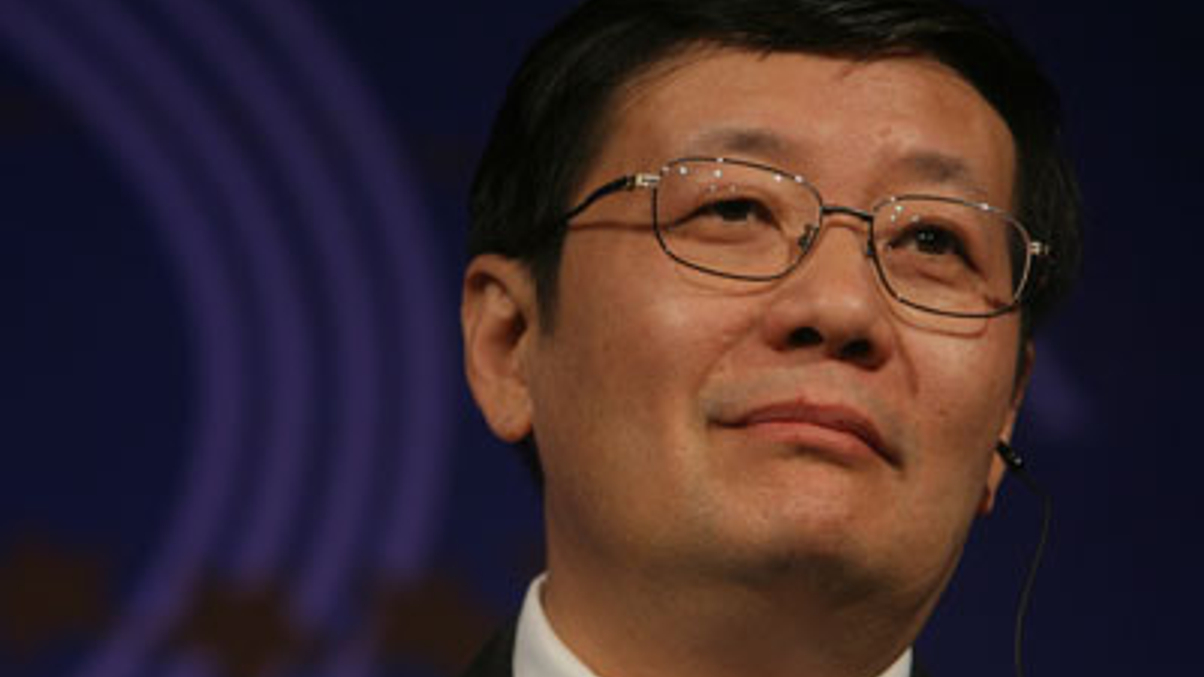CIC eyes real assets, flags global risks
China Investment Corporation is eyeing greater exposure to manufacturing, property and real-asset investments, says chairman and chief executive Lou Jiwei.

Much of the investment by China’s sovereign wealth fund last year was into public stock and bond markets, but in 2013 it plans to allocate more directly to real assets and property.
Sign in to read on!
Registered users get 2 free articles in 30 days.
Subscribers have full unlimited access to AsianInvestor
Not signed up? New users get 2 free articles per month, plus a 7-day unlimited free trial.
¬ Haymarket Media Limited. All rights reserved.


